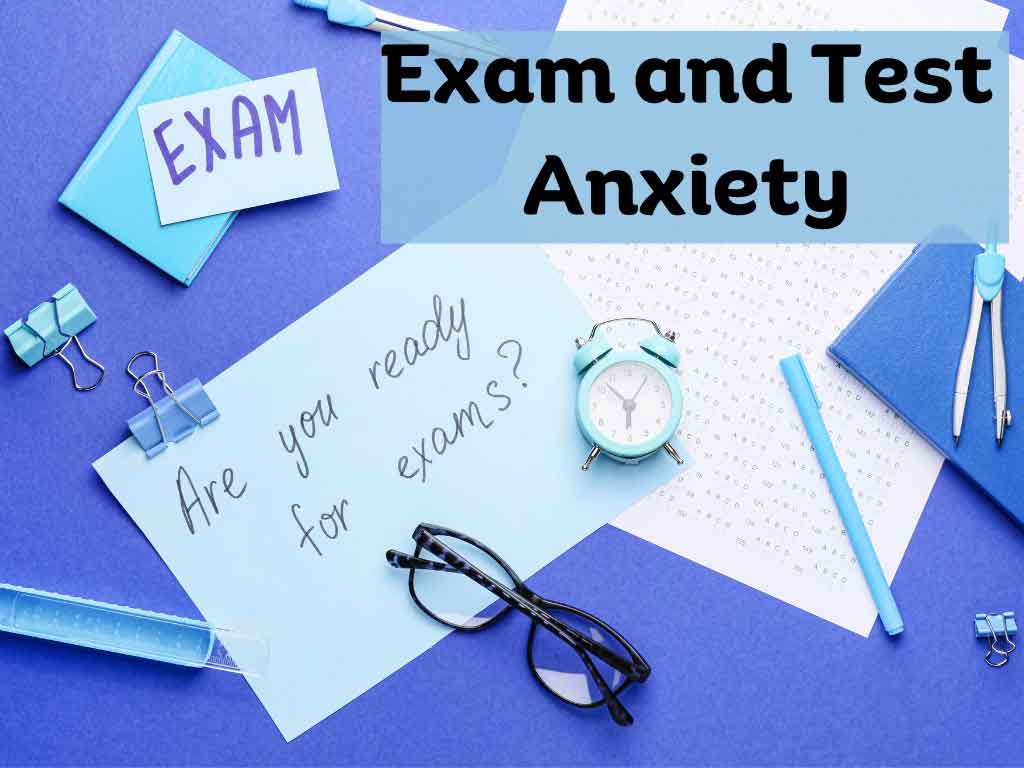Examination anxiety, also known as test anxiety, is a common psychological phenomenon characterized by excessive nervousness and fear before or during exams. It can have a significant impact on a student’s academic performance and overall well-being. Here are some key points to consider:
Causes of Examination Anxiety:
- Fear of Failure: The fear of not performing well or failing an exam is a major trigger for examination anxiety. Students often place high expectations on themselves, leading to anxiety if they feel they might not meet those expectations.
- Performance Pressure: External pressures, such as parental or societal expectations, can add to the anxiety surrounding exams.
- Perfectionism: Striving for perfection in academic performance can lead to heightened anxiety, as any deviation from perfection can be distressing.
- Lack of Preparation: Inadequate preparation or a lack of effective study strategies can contribute to anxiety because students feel unprepared.
Coping Strategies for Examination Anxiety:
- Effective Study Habits: Develop a study schedule, break down the material into manageable chunks, and use active learning techniques like summarization and self-testing.
- Relaxation Techniques: Practice relaxation methods such as deep breathing, mindfulness, or progressive muscle relaxation to manage anxiety.
- Healthy Lifestyle: Maintain a balanced diet, exercise regularly, and get enough sleep to support overall well-being and reduce stress.
- Positive Self-Talk: Replace negative thoughts with positive affirmations and remind yourself of past successes.
- Time Management: Avoid last-minute cramming by starting your preparations well in advance.
- Seek Support: Talk to teachers, counselors, or a mental health professional for guidance and support.
Remember, examination anxiety is a common issue, and many students experience it to varying degrees. Learning to manage and cope with this anxiety can greatly improve academic performance and overall mental well-being.
